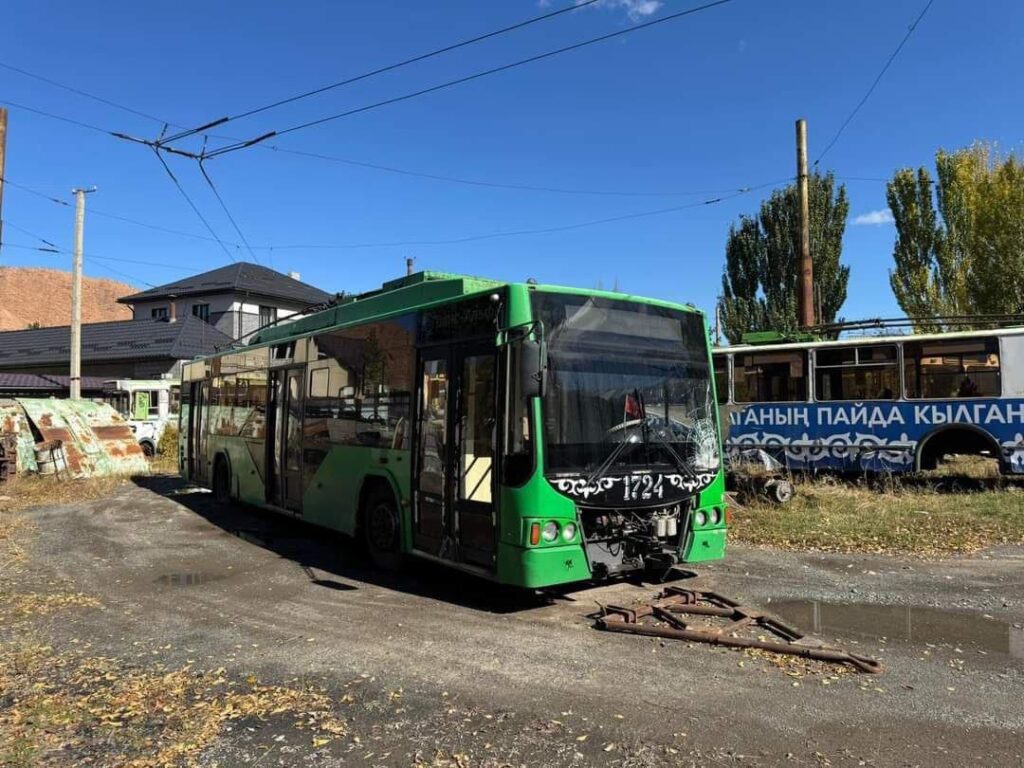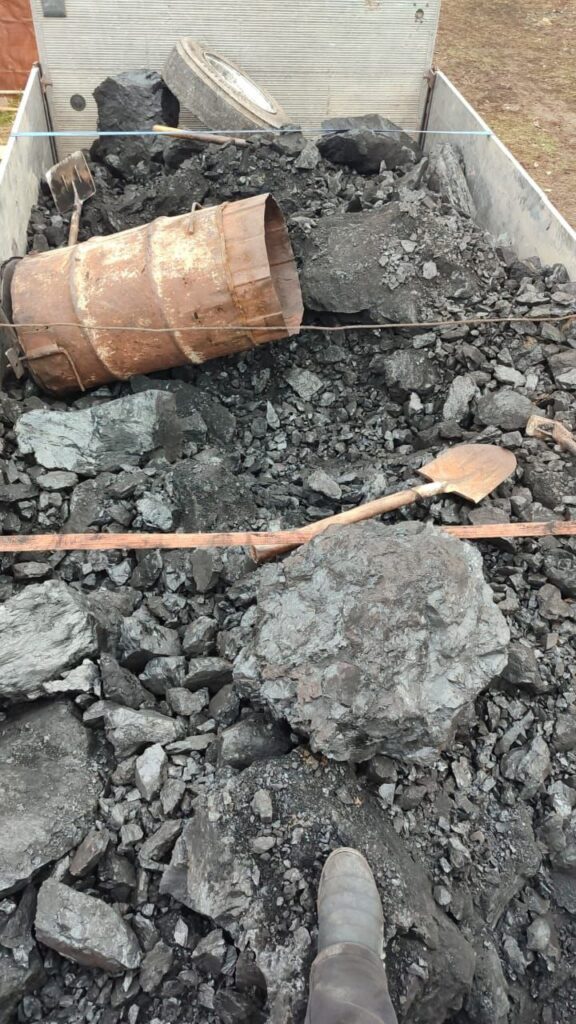Kazakhstan Expands Invataxi Services with Taxi Aggregator Partnership
Kazakhstan is expanding its efforts to provide accessible transportation for people with disabilities through the Invataxi project, which offers specially adapted minivans for travelers with mobility challenges. In a significant step forward, the Ministry of Labor and Social Protection of the Population has partnered with a taxi aggregator to enhance and streamline the service, making it more accessible and efficient. As part of a pilot project launched in 2024, people with disabilities in Astana and Almaty used Invataxi services via the Yandex Go mobile application more than 207,000 times. This marks a dramatic increase compared to 2023 when the service was used 53,900 times. The pilot project introduced the use of passenger cars alongside the adapted minivans, significantly broadening the availability of transportation options. Previously, users had to book Invataxi rides by phone at least a day in advance. Now, thanks to Yandex's integration, users can request rides instantly via the mobile app, making the process faster and more convenient. A critical aspect of the pilot was that Yandex waived any commission on payments for these rides, ensuring affordability for passengers. The Yandex Go application includes a special feature that allows passengers with disabilities to notify drivers of any specific requests for the trip. Additionally, drivers have been trained to assist passengers with disabilities in entering and exiting the vehicle, further enhancing the service's accessibility. The pilot project initially operated in Astana and Almaty but will now be expanded to other regions across the country in 2025, as part of the government’s plan to replicate its success nationwide. In parallel with the Invataxi project, Kazakhstan is also investing in other accessible transportation initiatives, including the expansion of its fleet of Invacarriages specially adapted train carriages designed to accommodate people with disabilities. These efforts underscore the country’s commitment to improving mobility and inclusivity for all its citizens.






